Omar L. Harris: Bridging Leadership Theories and Real-World Application
Omar L. Harris believes that Corporate America is getting DEI all wrong. When corporations relegate the work of fairness, opportunity to fully participate, diversity, and engagement and productivity to the box of corporate social responsibility and performative allyship – they miss the potential and opportunity to truly evolve from the shareholder capitalism of the 1990s to the modern ideal of stakeholder capitalism – meaning, more positive outcomes for more stakeholders – employees, customers, communities, the environment, and shareholders.
In 2019, nearly 200 American CEOs as members of the Business Roundtable made a bold pronouncement committing to the following:
- Delivering value to our customers. We will further the tradition of American companies leading the way in meeting or exceeding customer expectations.
- Investing in our employees. This starts with compensating them fairly and providing important benefits. It also includes supporting them through training and education that help develop new skills for a rapidly changing world. We foster diversity and inclusion, dignity and respect.
- Dealing fairly and ethically with our suppliers. We are dedicated to serving as good partners to the other companies, large and small, that help us meet our missions.
- Supporting the communities in which we work. We respect the people in our communities and protect the environment by embracing sustainable practices across our businesses.
- Generating long-term value for shareholders, who provide the capital that allows companies to invest, grow and innovate. We are committed to transparency and effective engagement with shareholders.
Harris emphasizes that DEI is the foundation that supports all of this work and as such deserves a prominent seat at the table and consistent prioritization to deliver these outcomes and more.
Leading with Purpose: Omar L. Harris on Modernizing Corporate Leadership
Born to a chemical engineer father and a social worker mother in the working-class town of Pittsburgh, PA, Harris learned the values of connecting process to outcomes and the importance of being of service to others at an early age. Being the youngest of four boys in a family of five children, he endured a lot of hope and pressure to succeed where others had failed in order to uplift and support his family. Moving from Pittsburgh to Charleston, WV, to Lake Charles, LA over the course of his childhood and adolescence engendered in him the ability to adapt to constant change, which has been his status quo as an adult living all over the US and spending considerable time living and working in the Middle East, Asia, and Latin America.
As a young professional in the pharmaceutical industry, Harris was exposed to Gallup’s StrengthsFinder tool back in 2002, which informed his philosophy of focusing on what was right with people versus what was not. According to the StrengthsFinder assessment, he is naturally gifted with the ability to forge connections between seemingly unrelated items, influence transformation from good to great, quickly generate options, inspire confidence in others, and confront and overcome obstacles. By honing his natural talents into reliable strengths, he successfully matriculated through Pfizer and ultimately found a corporate home at Schering-Plough as a fast-track management associate where he worked for one of the most successful marketing teams in the pharmaceutical industry. He became the youngest marketing director and senior marketing director in the company’s history before Schering-Plough was acquired by Merck.
Harris’ eight years of experience working on this high-performing team became the seed that would germinate and ultimately grow into his book Leader Board: The DNA of High Performance Teams.
He began leading teams in 2006 and started implementing principles he’d learned from reading books by John C. Maxwell, Tom Rath, Patrick Lencioni, Stephen Covey, and Jim Collins, to name a few. Over time, Harris found significant gaps between the brilliant theories of these leadership giants and the exact application in the day-to-day minutiae of leading a team in the real world.
So, he set out to synthesize and adapt these concepts into a suite of Team Performance Acceleration Principles and Servant Leadership principles that he has used with teams of different sizes and scopes all over the world to drive results.
He is now the author of six leading-edge books in the servant leadership, high-performance team leadership, change leadership, and J.E.D.I. leadership realms. His management consulting company – Intent Consulting – promulgates the concepts from his books in the form of keynote speeches, executive coaching concepts, workshops, and consulting services. The thread that runs through his work is the core idea that when leaders modernize their approach toward employees – better outcomes manifest for customers, communities, the environment, and shareholders.
Harris believes that writing his leadership books certainly contributed and being recognized as an expert within his sphere of influence. But more than this – doing the work with clients and receiving significant word-of-mouth support has truly boosted his reputation.
When Omar L. Harris was a first-time organizational leader, he implemented Jack Welch’s vitality curve concept to perfection. That means, every quarter, the bottom 10% of his organization was let go in order to elevate the entire whole by hiring new contributors. On the surface, this concept allowed his organization to double sales in 12 months. But it also created an environment of intense worry and fear for those on the bubble of keeping or losing their jobs and did not truly represent his ideals of positive psychology and people development. In future leadership capacities, Harris resolved never to resort to such blunt force talent management tactics and saw even more significant results by helping each colleague to develop.
Contact with Omar L. Harris for speaking or consulting opportunities:
- Website: omarlharris.com
- Instagram: @omarl.harris
- Facebook: Omar L. Harris
- LinkedIn: Omar L. Harris
- Twitter: @strengthsleader
- YouTube: Omar L. Harris
- Other: jedileader.com | intentconsultants.co



